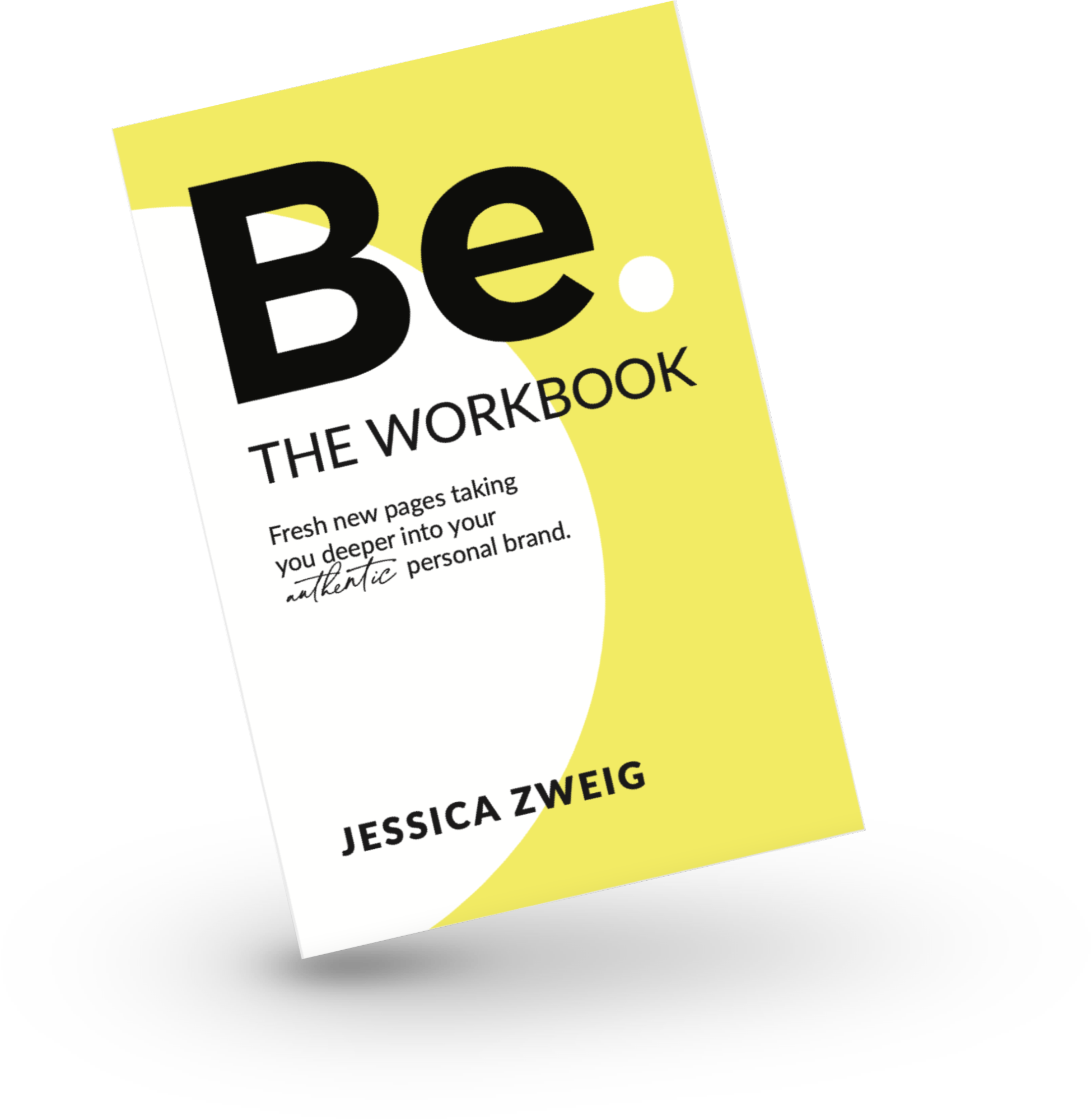But what does it take to be added to this list?
I have some thoughts.
There are seven key things that I know contributed to this honor. All have been instrumental in building my business from just me to the team of 25 that I have today.
1. Culture is everything.
Culture can make or break a company, and I truly believe the way we approach culture at SimplyBe. has been foundational to making the INC 5000 Fastest Growing Companies list.
Our culture is built on core values that define what we stand for in the world, and how we treat our employees, and how we move through our industry. Core values that don’t just mean something. They mean everything.
Peter Drucker said that “culture eats strategy for breakfast” and I couldn’t agree more. You can have the best products, the fanciest website, the greatest services, the strongest marketing strategy—but it doesn’t matter if your people aren’t excited to do their jobs or think your culture sucks.
Your business is your people, and culture has to start there. I knew that in 2017 when I defined our core values, and they have not changed since.
How can you do it? Define your core values. Weave them into every single piece of how you operate and do business. Embed them into the DNA of your leadership and how you make your decisions, big and small. Always ask yourself: does this honor our core values? If the answer is no, rethink, revise, realign.
2. Build your brand.
In today’s digital world, how you show up is half the battle, and we’ve obviously made a successful business out of it.
Just like your culture permeates and affects your company’s success, so does your brand. If you don’t feel that passion, that clarity, that precision, that purpose behind your brand, no one else is going to feel it either. You must really understand the tonality, the colors, the look, the feel, the message, the voice of your brand—and how it all resonates with your audience and sets you apart from your competition.
I defined a lot of the fundamentals of SimplyBe.’s brand on day one. It’s evolved, as a fast growing company must, but those first seeds of the brand are still present today: the sense of freedom, welcome, and unapologetic authenticity are all still there (along with a healthy dose of the color yellow).
How can you do it? You Do the work to analyze where your brand is now and where it needs to go. Work with experts (like us!) or do it yourself (check out resources like our webinar series, my book, or my course).
3. Pick the right team.
You’re only as good as your people are.
But let’s define that a little more…
You’re only as good as your people are happy.
You’re only as good as your people are dedicated.
You’re only as happy as your people feel valued.
That’s your company culture.
And yes, you want them to deliver, and their outputs to be above industry standards.
But you have to remember that they’re people.
So when I started building the team that is SimplyBe., I developed a philosophy about hiring that stems from that: I look at the character of the candidate and how they would fit into our culture as well as whether they have the skills to do the job.
I considered both, but I started to put more emphasis on the first.
Why? Because most of the skills needed in our company can be taught. But I can’t teach you ambition, integrity, or tenacity. And lacking those skills can severely impact the company culture that we’ve built over the last six and a half years (and got us on the INC 5000 Fastest Growing Companies list).
How can you do it? Look at the people as well as the skills. There are industries where specific skills or certifications are required to do the job, but don’t discount the culture fit question. Create a category or put additional emphasis on the people and how they would add to your company’s culture during the vetting and interview process.
4. Streamline your product strategy.
You can’t do everything or be everything to everyone.
Doing a few things really well is far more sustainable than doing everything passably well. And shifting to this mindset, focusing on scalability and expertise, is a huge reason we made the INC 5000 Fastest Growing Companies list.
We used to be people pleasers. We’d talk to potential clients and say we could help with anything and everything they needed. At the beginning, building a client base and bringing in money to keep the lights on is a real thing. But once we were established and we got busier and busier, it became absolutely unscalable.
So we realigned our product strategy. We trimmed down what we offer to three packages: a branding package, a branding and strategy package, and a branding, strategy and brand management package. We removed anything we didn’t have expertise in and anything that wasn’t profitable. What we were left with was a tight product list—and one that we do exceptionally well.
How can you do it? Trim the fat. Really analyze your offerings and create your own criteria for whether something stays or goes. Think about things like profitability, rate of purchase, sustainability, and get rid of things that aren’t worth keeping.
5. Start saying “no.”
There’s a similar culture fit when it comes to clients that can get lost in the beginning. But as you adjust your offerings, take the opportunity to adjust who you take on as clients, too.
Removing an offering might naturally mean that an existing client needs to move on. Sticking to what you do and don’t offer might mean a prospective client has to walk away. Or the way a lead handles the proposal process might mean their approach is too different from yours.
Be discerning and say no if it’s not the right fit.
This is not an easy shift to make, but doing so will make sure you are aligned with your clients and that your solutions are directly aligned to solve their unique problems. Stop trying to fit a square peg into a round hole, just to make a sale.
Know the value you offer while still maintaining boundaries and every client you have will be clearly aligned.
How can you do it? Decide who your people are. Niche, niche, niche down, be super specific on your ideal client/customer profile (ICP), and adjust accordingly—make updates to your brand, your messaging, your advertising avenues to speak to your ICP more effectively or directly.
6. Deliver, flawlessly.
Getting a signed contract is just the beginning. Yes, that’s where the relationship begins, but where it’s truly fostered, solidified, and ultimately continues on is in the execution.
We have learned how critical a good client experience is during this phase. It’s truly what continues to fuel the ripple effect of success for us—because people talk, people refer, and one good client experience can lead to another and another.
We’ve been able to do this by creating our own system for how we approach each of our offerings, and training the team on how to follow the system each and every time. Consistency is key here, and we deliver it.
How can you do it? Overdeliver, show up with excellence, do what you say you’re going to do. Be professional, be kind, be punctual. Your goal should be to make that client feel like this is the best money they have ever spent. Whatever your business looks like, figure out how you can create a magical journey for your clients.
7. Learn to lead, and lead well.
Being a good leader isn’t a prerequisite to starting a business. But being self aware of your strengths and weaknesses when it comes to leadership is vital to creating a successful one.
As SimplyBe. has grown, I’ve gotten further and further from the day-to-day. So I have put a lot of time into understanding the power of leading those who lead and trusting that they have a better pulse on our team than I do. My management team is empowered to be stewards of the business and the culture and the brand and they know they have a real place at the table with our executive team to give their very valued opinions.
I’ve also surrounded myself with advisors and mentors who are smarter than me and know how to really grow and scale companies—something that my background was never in. They’ve really pushed me to be a leader in ways I could never have done by myself.
How can you do it? Create a trusted group of people to help advise you, including your managers, and listen to what they have to say. Allow them to push and challenge you, and recognize where your leadership skills really lie.








